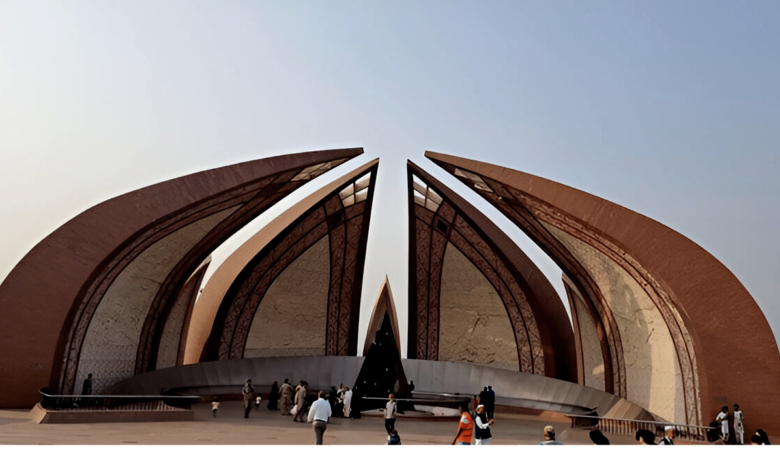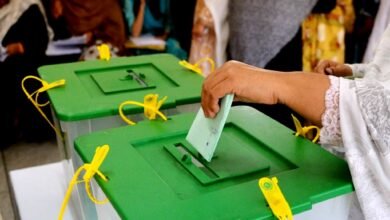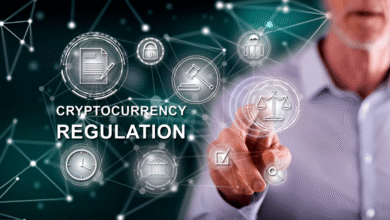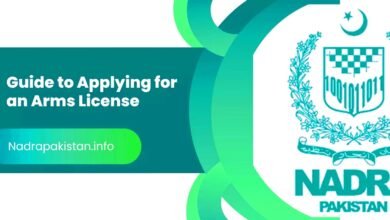
NFTs (Non-Fungible Tokens) have revolutionized the global art market, and Pakistani artists are no exception. Over the past few years, digital creators from Pakistan have embraced this blockchain-based technology to monetize their work, reach international audiences, and gain financial independence. From traditional painters transitioning to digital art to young graphic designers launching exclusive NFT collections, Pakistan’s creative community is making waves in the decentralized art space. This article explores how Pakistani artists are leveraging NFTs, the challenges they face, and the future of digital art in the country.
As the NFT boom continues, Pakistani artists are proving that talent knows no borders. By tapping into global platforms like OpenSea, Rarible, and Foundation, they are bypassing traditional art market barriers and connecting directly with collectors. While infrastructure limitations and a lack of crypto awareness remain hurdles, the success stories of pioneering artists highlight the immense potential of NFTs in Pakistan. With increasing interest from both creators and investors, the country’s digital art scene is poised for unprecedented growth.
How Pakistani Artists Are Cashing in on NFTs
The Rise of NFTs in Pakistan’s Art Scene
The concept of NFTs was initially met with skepticism in Pakistan, where digital art was still an emerging field. However, as global NFT sales skyrocketed, local artists began exploring this new revenue stream. Early adopters like Omar Gilani, known for his cyberpunk-inspired portraits, and Malik Afegbua, a 3D artist, gained international recognition by selling their work as NFTs. Their success inspired a wave of Pakistani creators to enter the space, experimenting with everything from calligraphy to animated art.
Pakistani Artists Making an Impact
Several Pakistani artists have achieved remarkable success in the NFT space. Omar Gilani’s “Pakistani Monalisa” NFT sold for a significant amount, drawing global attention to Pakistan’s digital art potential. Similarly, Emaan Sheikh, a Karachi-based illustrator, gained recognition for her vibrant, surreal artworks minted as NFTs. These artists not only earn from primary sales but also benefit from secondary market royalties, ensuring continuous income. Another notable example is Shahzia Sikander, a Pakistani-American artist whose digital work has been featured in major NFT auctions. While based abroad, her success has inspired local artists to explore NFTs as a viable career path.
How Pakistani Artists Are Entering the NFT Market
Many Pakistani artists begin their NFT journey by joining online communities and marketplaces. Social media platforms like Twitter and Discord play a crucial role in networking, where artists share their work, collaborate, and learn about blockchain trends. Pakistani creators often start with small collections, testing the waters before launching high-value pieces. Some focus on cultural themes such as Mughal-inspired designs or Urdu calligraphy to stand out in a crowded market. Organizations like Pakistan Blockchain Institute and NFT Pakistan provide resources for artists to understand minting, gas fees, and smart contracts.
Challenges Faced by Pakistani NFT Artists
Despite the opportunities, Pakistani NFT artists encounter several obstacles. Limited access to cryptocurrency exchanges due to regulatory restrictions makes it difficult for some to cash out earnings. Additionally, high gas fees (transaction costs on Ethereum) can be prohibitive for emerging artists with limited budgets. Internet connectivity issues and electricity shortages further complicate the minting and selling process. Another challenge is the lack of local NFT marketplaces. While global platforms offer exposure, they also come with intense competition.
The Future of NFTs in Pakistan
Increasing Adoption of Blockchain Technology
Pakistan has seen a gradual rise in blockchain awareness, with more artists, investors, and tech enthusiasts exploring decentralized platforms. As cryptocurrency adoption grows despite regulatory hurdles NFTs will likely become more mainstream. Educational initiatives by organizations like Pakistan Blockchain Institute and local NFT communities are helping bridge the knowledge gap, making blockchain more accessible.
Government and Regulatory Developments
Currently, Pakistan lacks clear regulations on cryptocurrencies and NFTs, creating uncertainty for creators and investors. However, as global NFT markets expand, the government may introduce policies to regulate and tax digital assets. A balanced approach encouraging innovation while preventing fraud will be crucial for sustainable growth.
Emergence of Local NFT Marketplaces
While Pakistani artists rely on global platforms like OpenSea and Rarible, localized NFT marketplaces could provide better exposure and lower transaction costs. Startups and tech entrepreneurs are exploring ways to create Pakistan-centric NFT platforms that support regional artists and cater to local collectors.
Integration of Traditional Art with Digital Innovation
Pakistan’s rich cultural heritage including Mughal art, calligraphy, and truck art can be transformed into NFTs, attracting global collectors. Digital artists are increasingly blending traditional motifs with modern techniques, creating unique pieces that stand out in the competitive NFT space.
Expansion Beyond Digital Art (Music, Film, and Virtual Real Estate)
NFTs are not limited to visual art musicians, filmmakers, and even real estate developers in Pakistan are exploring tokenization. Musicians can sell exclusive tracks as NFTs, while filmmakers might tokenize short films. Virtual real estate in metaverse platforms also presents new opportunities for Pakistani creators.
Role of Community and Collaborations
Strong NFT communities in Pakistan, such as NFT Pakistan and blockchain-focused groups, are crucial for mentorship and networking. Collaborations between artists, tech developers, and investors will drive innovation and sustainability in the NFT space.
Global Recognition and Investment Opportunities
As Pakistani NFT artists gain international acclaim, foreign investors and collectors may take greater interest. Galleries and auction houses might start featuring Pakistani digital art, further boosting the market.
Potential for NFTs in Education and Social Impact
NFTs can also be used for social causes charity auctions, educational content, and digital preservation of cultural artifacts. Pakistani artists and NGOs could leverage NFTs to raise funds for social initiatives.
Read More: The Rise of Virtual Education Through Metaverse Platforms
Conclusion
NFTs have opened doors for Pakistani artists to showcase their talent on a global scale, breaking free from traditional art market constraints. By embracing blockchain technology, they are not only earning sustainable incomes but also preserving cultural heritage in digital form. While challenges like regulatory hurdles and high transaction costs persist, the determination of these artists continues to drive the NFT revolution in Pakistan.
As awareness spreads and infrastructure improves, the country’s digital art scene is set to flourish. With more success stories emerging, Pakistani artists are proving that NFTs are more than just a trend they are a transformative force in the creative economy. The journey has just begun, and the world is taking notice of Pakistan’s vibrant contribution to the NFT space.
FAQs
What are NFTs, and how do they benefit Pakistani artists?
NFTs are unique digital assets stored on blockchain, allowing artists to sell and authenticate their work while earning royalties on resales. Pakistani artists use them to reach global audiences and gain financial independence.
Which Pakistani artists are successful in the NFT space?
Omar Gilani, Emaan Sheikh, and Shahzia Sikander are among the Pakistani artists who have gained international recognition through NFT sales.
What challenges do Pakistani NFT artists face?
Limited crypto access, high gas fees, internet issues, and lack of local marketplaces are major hurdles for Pakistani NFT creators.
How can Pakistani artists start selling NFTs?
They can begin by creating digital art, setting up a crypto wallet, and listing their work on platforms like OpenSea, Rarible, or Foundation.
What is the future of NFTs in Pakistan?
With growing blockchain awareness and potential regulatory support, NFTs could become a major revenue stream for Pakistani artists, boosting the digital art economy.











